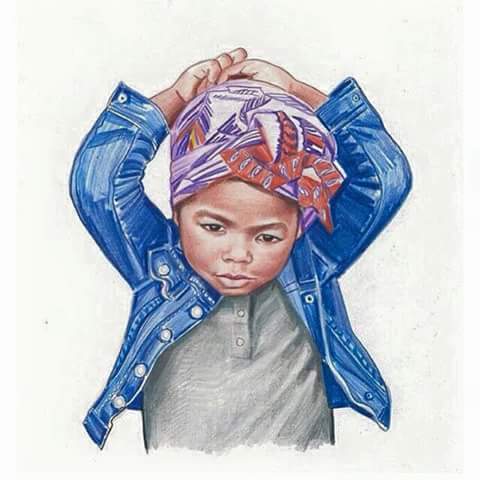Resistance and protest by black students has been a common feature in white universities, in the years I have been a student I have seen my fair share of disdain expressed by these students towards these institutions. Recently, I saw a campaign by UCT students called Black Monday, the premise of the movement is reclaiming blackness. The question I feel we need to be asking is that although, universities with a predominantly white composition of staff and culture claim to attempt to transform these universities, black students emerge in movements attempting to reclaim “blackness”. Once a dear friend of mine jokingly said “Black people have had so much taken away from them that they are always trying to go back to the moment they lost their blackness, that is why we are always fighting to reclaim our black identity”.
It is only in recent years that I began to understand what he meant by this, the resistance and movements by black students today and in the past have been in resistance to a more structural violence. That of existing in black skins, black bodies and black “culture” in spaces that were never meant for us. The violence of physical spaces is silent and often speaks volumes to those of us who look up, look around and pay attention to the nagging feeling of discomfort when entering spaces such as UCT. When I joined the faculty of health sciences and learnt about the history behind the names and learnt that the same place meant for my learning and development takes pride in the works of a man who helped exile black people into quarantine areas we now call townships. The irony of the history of medicine not only in UCT but in the whole country has been in response to treating epidemics and preventing the death of white bodies and has seen more black people die in a place where were every epidemic recorded in its history was virgin soil epidemic. Basically, before our pale brothers arrived black people died of old age and the occasional animal attack.
This is simply to provide some context to what this article is about, university responses to the activism of black students against white supremacy. Perhaps, some people have been satisfied with the establishment of transformation offices and mission statements as sufficient solutions to the wounds imposed by our past but we see it fester in bursts of radical action. Recent example, the throwing of excrement on Cecil Rhodes statue or the white students from UCT who assaulted a black domestic worker. These moments are the moments of reflection that make you realise (for me at least) that when Cecil Rhodes stole the land and left a share of it to what is now known as UCT, he never meant for my black face, coily hair and think body to be roaming around in its corridors let alone get a qualification from this institution.
The violence of physical space is not unique to UCT, the students at the University of Free State living in a res called wag n’ bitjie too are reminded their personhood is unwelcomed in this space. What really boggles my mind are university responses to black bodies resisting this violence, I was slightly annoyed when a news headline read “Cecil Rhodes statue unharmed”. My immediate thoughts were 1. The state of a concrete statue is far more concerning than the actual reason black students felt the need to throw excrement on it and deciding to create spaces to reclaim blackness? Ever thought about why there never was an Afrikaans society or White Students Society?
I dare say for white students there is no culture and personhood to be reclaimed, every corner of the institution celebrates and endorses their aesthetic. 2. Each attempt to dismantle the ivory tower is met with politically correct rhetoric that ends in a series of talks and time and time again a bandage in placed on the issue and we move on getting DP’s and nothing ever happens. We see the cracks, we are the cracks in the ivory towers, and our presence needs to give meaning to our struggles and our dreams as young black Africans. Lastly, “Powerful people cannot afford to educate the people they oppress because once you are truly educated, you will not ask for power. You take it” – Dr. John Henrik Clarke.

If you feel a space does violence to you or your identity, why don’t you choose another space?
This is really great. It’s helping and I will use it to think though a paper I’ve been working on. Thank you for writing it!
Thank you Gcobani, hope you can share your writing with me as well, its refreshing gaining insights from other writers. 🙂
Insightful piece Athi, thank you for sharing.
Reblogged this on University of Broken Glass.